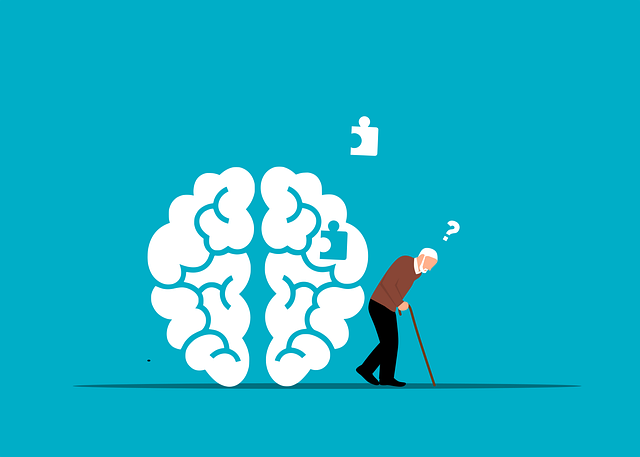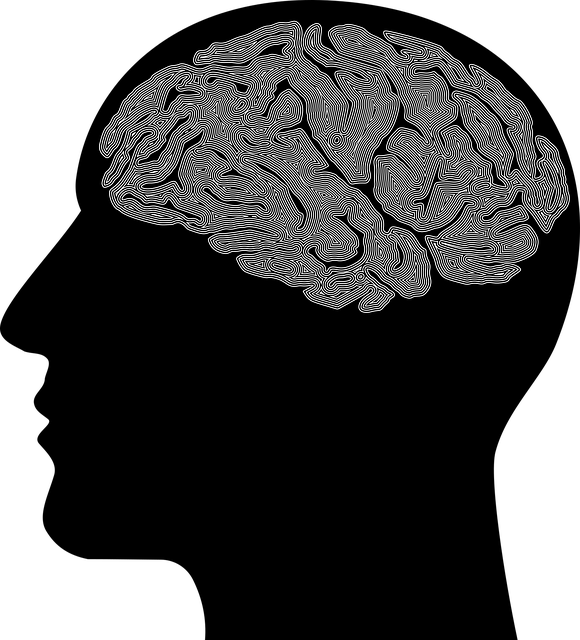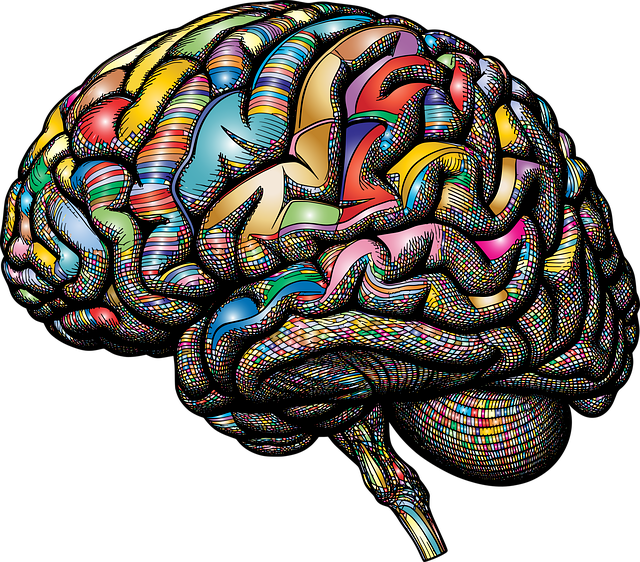Centennial Autism Spectrum Disorder (ASD) therapy focuses on empowering individuals through tailored coping skills and resilience-building strategies. Integrating evidence-based practices like Cognitive Behavioral Therapy (CBT), trauma support, mental health education, and creative arts therapies, these programs address social interactions, communication barriers, and sensory processing differences. By fostering self-awareness and cultural sensitivity, Centennial ASD therapy promotes holistic mental wellness, enabling individuals to navigate daily challenges effectively.
Coping skills development is a vital aspect of therapy for individuals with Centennial Autism Spectrum Disorder (ASD), enabling them to navigate daily challenges effectively. This article explores the significance of coping mechanisms and provides an in-depth guide to evidence-based strategies. We delve into unique challenges faced by those on the spectrum, offering insights into tailored interventions. From creative techniques in therapy to building resilience, these approaches empower individuals with ASD to thrive. By understanding their needs, we can foster a supportive environment, enhancing their overall well-being and quality of life.
- Understanding Coping Skills and Their Significance for Individuals with ASD
- Identifying Unique Challenges: Navigating the Autism Spectrum
- Evidence-Based Strategies for Effective Coping Skills Development
- Incorporating Creative Techniques in Therapy: A Game-Changer for Centennial ASD
- Building Resilience: Empowering Individuals to Thrive in Daily Life
Understanding Coping Skills and Their Significance for Individuals with ASD

Coping skills are essential strategies that individuals with Autism Spectrum Disorder (ASD) can learn to navigate and manage their daily lives more effectively. Understanding these skills is crucial in supporting folks with ASD, ensuring their mental wellness, and enhancing their overall quality of life. In the context of Centennial Autism Spectrum Disorder Therapy, coping mechanisms play a pivotal role in helping individuals cope with unique challenges they may face.
The development of inner strength and compassion cultivation practices can significantly contribute to the well-being of those on the spectrum. A variety of methods, such as mindfulness exercises, stress management techniques, and social interaction training, are part of the Mental Wellness Podcast Series Production, which aims to empower individuals with ASD to build resilience and adapt to various situations. By fostering these coping skills, professionals and caregivers can enable them to express their needs, regulate emotions, and interact with their environment in a more fulfilling way.
Identifying Unique Challenges: Navigating the Autism Spectrum

Navigating the Autism Spectrum is a unique challenge that requires tailored coping skills development. Individuals with Autism Spectrum Disorder (ASD) often face distinct social, communication, and sensory processing differences. These variations can lead to stress and anxiety in various settings, particularly as they navigate an increasingly complex world. Centennial Autism Spectrum Disorder Therapy programs are designed to help individuals manage these challenges by fostering self-awareness, teaching adaptive coping strategies, and promoting resilience.
Mental Health Education Programs that focus on ASD often incorporate Stress Management Workshops to equip participants with tools for recognizing and mitigating stress triggers. By integrating Mental Health Awareness into therapy, individuals learn to identify their unique needs and develop personalized strategies for managing sensory overload, communication barriers, and social interactions. These programs empower folks on the spectrum to lead fulfilling lives by enhancing their ability to cope with daily demands and navigate social environments more effectively.
Evidence-Based Strategies for Effective Coping Skills Development

In the realm of Centennial Autism Spectrum Disorder (ASD) therapy, evidence-based strategies play a pivotal role in fostering effective coping skills development. One such strategy is Cognitive Behavioral Therapy (CBT), which helps individuals identify and challenge negative thought patterns, thereby promoting healthier emotional responses. CBT sessions often involve structured techniques like mindfulness exercises, relaxation training, and problem-solving strategies tailored to address ASD-specific challenges.
Additionally, Trauma Support Services have proven instrumental in enhancing coping mechanisms for those on the spectrum who may struggle with sensory processing issues or social interactions. Public Awareness Campaigns Development serves as a powerful tool to educate both the affected individuals and their communities, fostering understanding and support. Even Risk Management Planning for Mental Health Professionals becomes pertinent, ensuring therapists are equipped to handle complex cases while prioritizing client safety and well-being.
Incorporating Creative Techniques in Therapy: A Game-Changer for Centennial ASD

Incorporating creative techniques into therapy sessions has emerged as a game-changer for individuals with Centennial Autism Spectrum Disorder (ASD). Traditional methods often focus on structured, verbal communication strategies, but creative approaches offer a unique and effective alternative. Art, music, drama, and dance therapies provide sensory-rich environments that can engage individuals with ASD in novel ways, fostering social interaction, emotional expression, and cognitive development.
The design of mental health education programs should incorporate cultural sensitivity to ensure these therapeutic methods are accessible and impactful for diverse populations. Community outreach program implementation, tailored to address the specific needs of individuals with ASD, can enhance their participation in creative therapies. By combining these innovative practices with a focus on cultural sensitivity, therapists can revolutionize Centennial ASD therapy, promoting holistic mental health development.
Building Resilience: Empowering Individuals to Thrive in Daily Life

Building resilience is a cornerstone of Centennial Autism Spectrum Disorder (ASD) therapy, aiming to empower individuals to navigate daily life challenges with greater ease. Through tailored Mental Health Education Programs Design, clients learn coping skills that foster adaptability and emotional regulation. Empathy Building Strategies play a pivotal role in this process, enhancing social interactions and promoting understanding not just for the individual with ASD but also for their support network.
By integrating Cultural Sensitivity in Mental Healthcare Practice, therapists create inclusive environments where diverse backgrounds are acknowledged and respected. This approach ensures that coping strategies are not only effective but also culturally relevant, strengthening the individual’s sense of belonging and resilience. Such comprehensive care equips individuals with ASD to thrive, demonstrating their capacity for growth and perseverance in a supportive and understanding setting.
Coping skills development is a pivotal aspect of supporting individuals with Centennial Autism Spectrum Disorder (ASD) in navigating their unique challenges. By understanding and implementing evidence-based strategies, such as creative techniques incorporated into therapy, professionals can significantly enhance the lives of those on the spectrum. Building resilience enables folks with ASD to thrive in daily life, fostering a sense of empowerment and well-being. This comprehensive approach ensures that individuals not only cope but also flourish, embracing their unique tapestry of abilities and perspectives.














